|
BLOG
Korte and Associates
News
GET THE LEGAL ASSISTANCE YOU REQUIRE AT THIS MOMENT
|
Can My Homeowners Association Really Foreclose on My Home?
The Short answer is yes, and the long answer is yes.
Homeowners associations (HOAs) have a history of foreclosing on owners to collect relatively small sums of money; in most cases the attorney fees are more than the actual fees or fines.
There are many laws in place to protect homeowners from foreclosure by their lenders or other claimants. Borrowers are protected from mortgage lenders foreclosing with bankruptcy proceedings, through homesteading, and through forced mediation in many states. But HOAs don’t face these same restrictions.
In Florida, an association can begin the foreclosure process only days after a missed payment was first due. It all starts with the first collection letter and works up to the actual lawsuit. Although the association has to go to county to take your home, it can be a ridiculously short period of time from complaint to sale.
Why should HOAs use foreclosure to collect relatively small amounts when there are other effective ways to get their money, such as small claims court? There are a couple of reasons. In many cases, there are attorneys on the HOA board or working for property management companies who make a lot of money providing foreclosure services. HOAs have the power to run up several thousand dollars in late fees, interest, fines and attorney charges for a delinquency that may total only a few hundred dollars. They then use the threat of foreclosure to collect that amount. This has led critics to call the procedure a “shakedown racket.” There have also been allegations of board members who push for foreclosure, buy the properties themselves and flip them for big profits.
Some methods include
There are attorneys who advertise that they help HOAs earn extra money by foreclosing on owners who miss payments. One practice is refusing to accept partial payments. The homeowner comes in with a partial payment, which is refused, and he or she is told that the balance is even higher due to late fees and collection charges. In some states, there is a minimum amount that must be past due in order for the HOA to foreclose. If that’s the case, the HOA and their lawyers work at getting homeowners past that threshold by piling on fees and refusing to accept anything but payment in full. Once the amount owed gets big enough, they pull the trigger and take the house.
Other methods involve hitting you with minor infractions, such as the state of your shrubbery, then adding big fines and finally foreclosing.
If you can’t get caught up, and the HOA racks up huge fees and you are in danger of foreclosure, you need to act fast to protect yourself.
The HOA’s side
With the mortgage foreclosure epidemic, many HOAs find themselves in trouble. Homeowners let payments slide and associations with more than a 15 percent delinquency rate find that members can’t sell their properties because mortgage lenders don’t finance anything in an HOA with a high delinquency rate. So the answer for them is to swoop in and foreclose before the mortgage lenders do (once that happens the HOA claim is often extinguished), take possession of the property, and rent it to get the dues current so that members can sell their homes.
Ironically, at a time when most mortgage lenders are bending over backwards (using various modification programs) to work with borrowers, HOAs are breaking records for fast foreclosures. So while you could be negotiating with your lender to save your home, your HOA could be positioning itself to sell your home on the courthouse steps at the same time.


